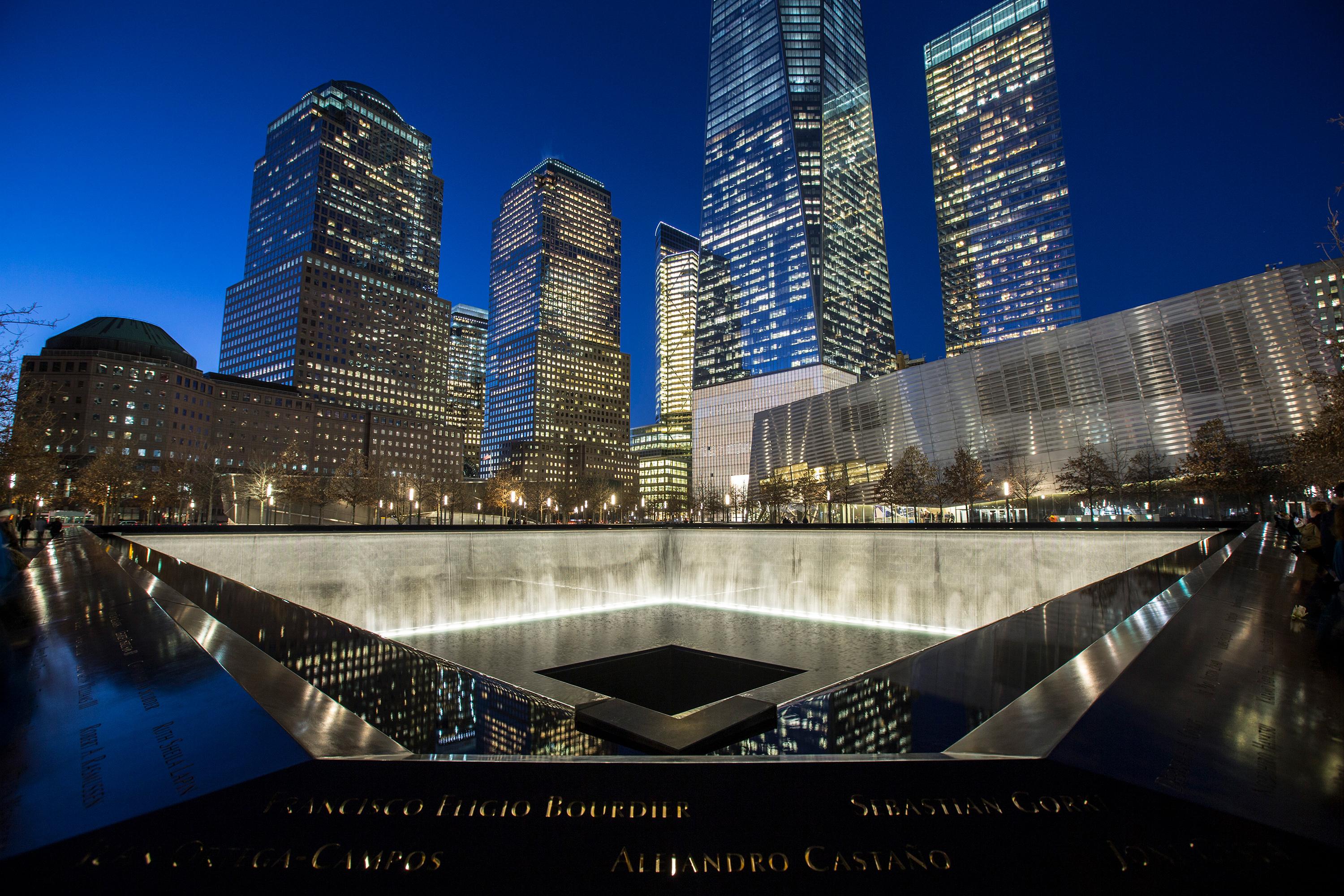Memorializing and Teaching Tragedy
This past weekend marked the 20th anniversary of the 9/11 attack that shaped the future of U.S. security regulations and international relationships. Though it is still a dark memory that haunts thousands of people today, the 20th anniversary of this event also unveils an obvious, yet still surprising truth: there are many students today who have no memory or connection to the events that occurred on September 11, 2001. This has put educators in a tough spot; teaching about 9/11 felt more like a conversation, an opportunity to mourn together and discuss personal connections to a tragedy. Nowadays, the conversation is less personal and more formal since that direct memory or connection is no longer guaranteed.
So how do we start that conversation? For me, the best place to look was the 9/11 Memorial & Museum in New York City. Learning about difficult histories is, for me, only made worse in the classroom. Classroom teaching has always been a cold, disconnected field in my experience as both an educator and a student. Museums, however, have been a warm place to surround yourself with stories rather than facts, personality rather than numbers. So, of course, when trying to figure out how to begin talking about September 11, 2001, I immediately turned to the 9/11 Memorial & Museum.

9/11 Memorial & Museum in New York City
The 9/11 Memorial & Museum has an abundance of resources on its website. These resources include lesson plans for different age groups, recordings and information for public programming, and even collaborative activities that allow parents to approach the subject with their children in an age-appropriate manner. There are far too many resources available for me to delve into, so instead I am choosing to focus on one that I think is universal and emotional yet pragmatic: oral histories. Both online and in the museum, you can hear actual interviews with people like Lieutenant Adrienne Walsh, first responder to the World Trade Center, or Arturo Ressi, World Trade Center engineer. These oral histories transport audiences to those pivotal moments on September 11, 2001 and offer real perspectives on the events of that day. There is fear, anger, and hope; there is determination, leadership, and loss. To hear the voices of people so directly tied to a tragedy is an unforgettable experience that serves as a great starting point for learners of all ages.
I cannot recommend another resource for teaching about this difficult history that would be more inclusive or informative than the 9/11 Memorial & Museum. I have crawled through endless pages and hyperlinks available on their website and virtual programming, and I continue to hope that museums will serve as a forefront for making education easier and more connected for communities.